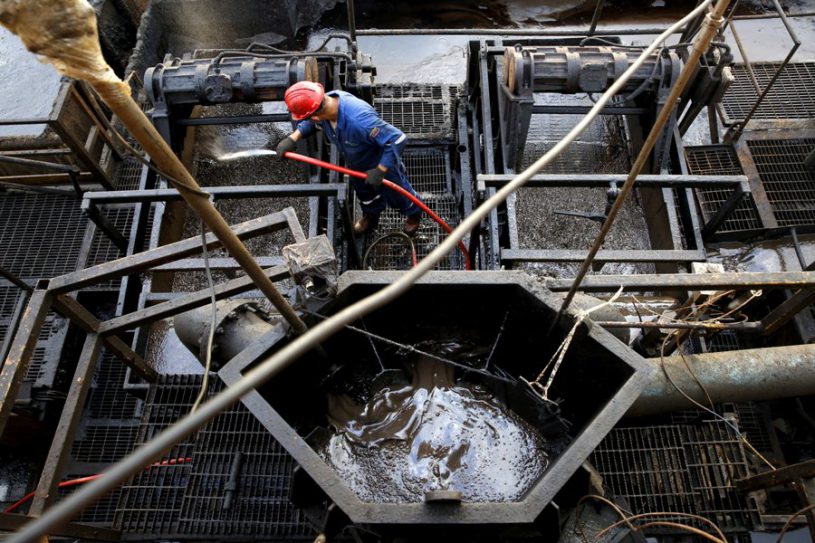IEA warns OPEC+ deadlock is bad news
The International Energy Agency warned that world oil markets are likely to remain volatile following a breakdown in talks between OPEC members and their non-OPEC allies, creating a no-win situation

The International Energy Agency warned that world oil markets are likely to remain volatile following a breakdown in talks between OPEC members and their non-OPEC allies, creating a no-win situation.
In its latest monthly oil market report, the IEA said energy market participants were closely monitoring the prospect of a deepening supply deficit if a deal was not reached by the Organization of the Petroleum Exporting Countries and its oil-producing allies, a group known as OPEC+.
“Oil markets are likely to remain volatile until there is clarity on OPEC+ production policy. And volatility does not help ensure orderly and secure energy transitions — nor is it in the interest of either producers or consumers,” the IEA said.
OPEC+ abandoned talks last week that would have boosted oil supply. Most delegates tentatively agreed to increase oil production by around 400,000 barrels per day in monthly installments from August until the remaining supply cuts were unwound. This was likely to extend supply cuts through to the end of 2022.
The UAE rejected these plans, however, insisting on a higher baseline from which cuts are calculated to better reflect its increased capacity.
It means no agreement has been reached on a possible increase in crude production beyond the end of July, leaving oil markets in a state of limbo just as global fuel demand recovers from the ongoing coronavirus crisis.
OPEC+, which is dominated by Middle East crude producers, agreed to implement massive crude production cuts last year in an effort to support oil prices when the coronavirus pandemic coincided with a historic fuel demand shock.
The energy alliance has since met monthly to try to decide on the next phase of production policy.
OPEC+ has not made progress in resolving the dispute between OPEC kingpin Saudi Arabia and the UAE, Reuters reported, citing unnamed OPEC+ sources. It makes the prospect of another policy meeting this week less likely.